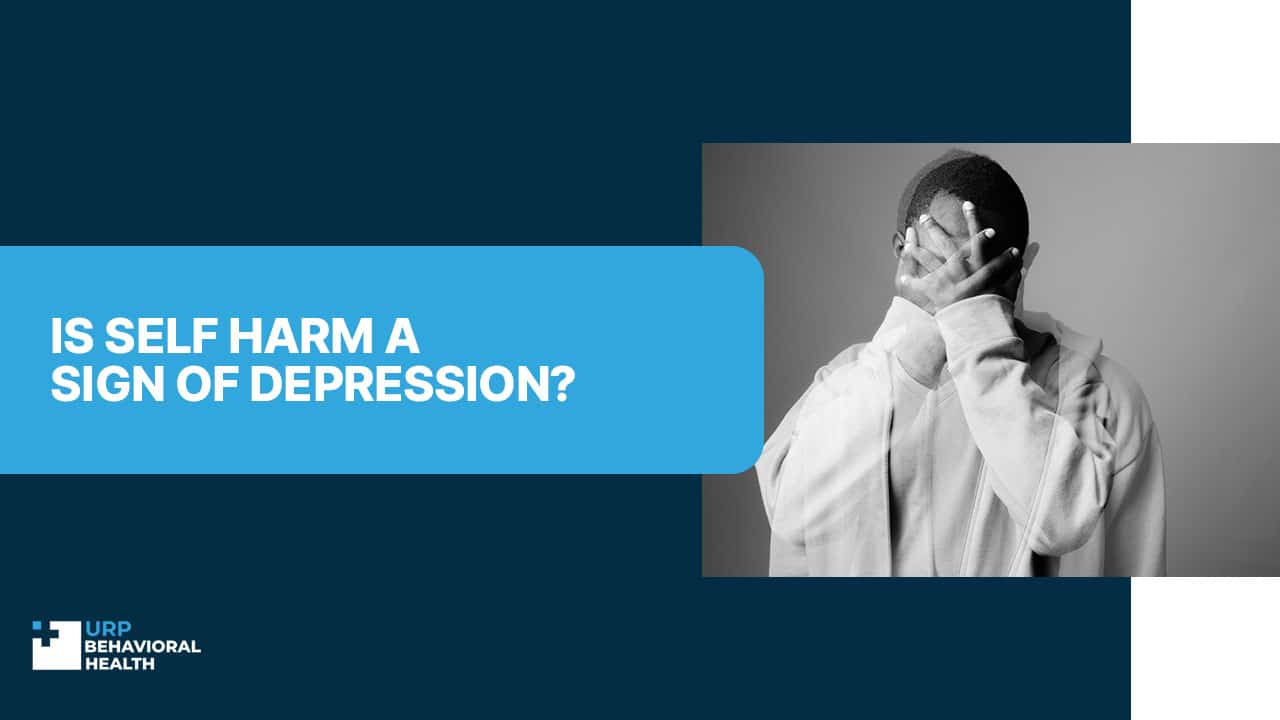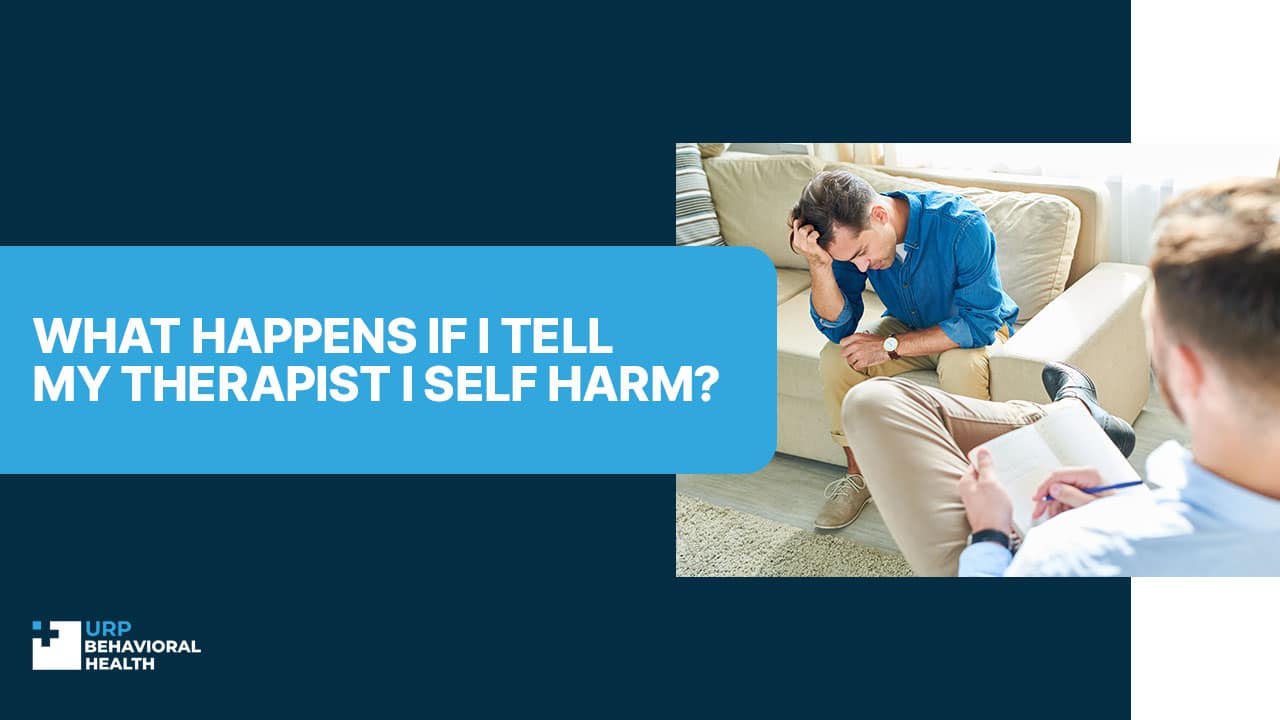
Is Self Harm a Sign of Depression?
Self-inflicted injury is a form of depression, although not necessarily a direct cause. Most who hurt themselves are experiencing aching emotional pain that is a byproduct of depression, anxiety, trauma, or another mental illness. Although depression is characterized by a sense of sorrow, worthlessness, and hopelessness, at times hurting yourself is a form of emotional mastery, i.e., in response to feeling overwhelmed or numb.
Not all those with depression will hurt themselves, and not all those who hurt themselves are depressed. That is a step short, though, from those who frequently hurt themselves much more seriously because a mental illness is involved that is in need of treatment. Professional counseling from a trained therapist or counselor can be a godsend if a loved one is having a difficult time with hurting themselves, or you are seeking advice and assistance. Treatment can address both emotional distress as well as underlying issues that lead to the behavior.
We’ll help you understand your options and guide you toward care.
















